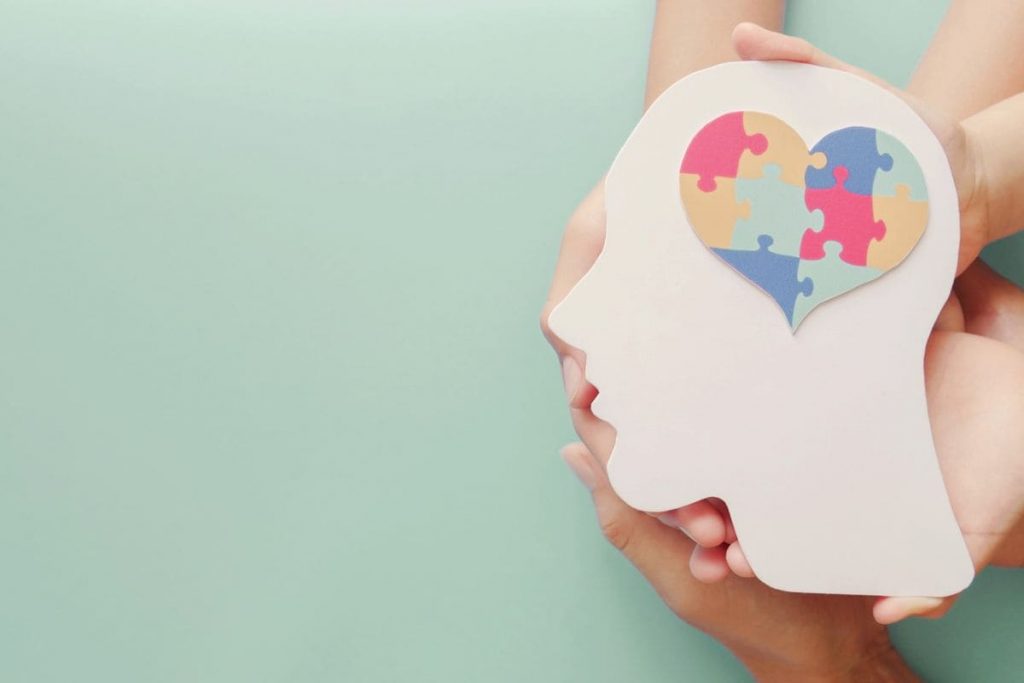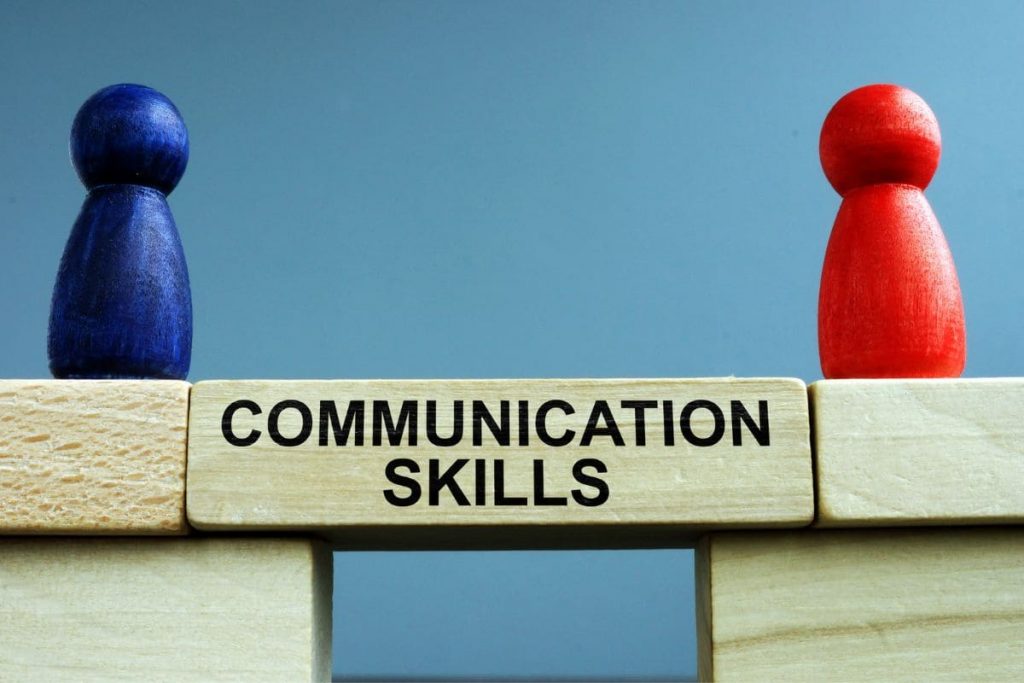Have you ever felt responsible for someone else’s emotions? Maybe you tried to fix a friend’s problem, but your friend ended up feeling drained and frustrated. Or perhaps you’ve been in a situation where someone else’s anger or sadness seemed to be your fault, even though you didn’t do anything wrong. It’s a common experience, but the truth is, you’re not responsible for other people’s feelings.
Many of us are taught from a young age to be considerate of others and to avoid causing harm. While these are important values to have, they can also lead to a sense of responsibility for other people’s emotions. It’s easy to fall into the trap of thinking that if someone is upset or unhappy, it must be because of something we did or didn’t do. But the reality is that everyone is responsible for their own feelings and reactions.
This doesn’t mean that we should ignore other people’s emotions or be insensitive to their needs. It simply means that we need to recognize that we can’t control how someone else feels, and we shouldn’t feel guilty or feel responsible for their emotional state. By letting go of this sense of responsibility, we can free ourselves from unnecessary stress and focus on taking care of our own needs and emotions.
Understanding Emotional Responsibility
Defining Emotional Responsibility

Emotional responsibility is the idea that we are in charge of our own feelings, and we are not responsible for the feelings of others. While it’s natural to empathize with others who are sad, angry or upset, we cannot control how they feel. We can only control how we react to their emotions.
Emotional responsibility involves being aware of our own feelings and taking responsibility for them. This means acknowledging our emotions, understanding why we feel the way we do, and taking steps to manage our emotions in a healthy way. It also means recognizing when our emotions are affecting others and taking steps to address the situation.
The Importance Of Emotional Responsibility

Emotional responsibility is important for maintaining healthy relationships. When we take responsibility for our own emotions, we are better able to communicate our needs and feelings to others. This can help prevent misunderstandings and conflicts.
When we take responsibility for our own negative emotions, we are also less likely to blame others for our problems. This can help us develop a more positive outlook on life and improve our overall well-being.
Emotional responsibility is also important for personal growth. When we take responsibility for our own emotions, we are better able to identify areas where we need to improve. This can help us develop better coping skills and become more resilient in the face of challenges.
Overall, emotional responsibility is about taking control of our own emotional well-being. By recognizing that we are in charge of our own feelings, we can develop healthier relationships, improve our overall mental health and well-being, and become more resilient in the face of challenges.
Why You’re Not Responsible For Other People’s Feelings
The Role Of Personal Boundaries

Boundaries are a crucial component of healthy relationships. They are the limits we set for ourselves and others to ensure that our needs are met and our values are respected.
When we take responsibility for other people’s feelings, we are essentially allowing them to cross our boundaries and dictate our behavior. This not only undermines our own agency, but it can also lead to resentment and burnout.
Setting and maintaining personal boundaries is an essential part of taking care of ourselves. It allows us to prioritize our own needs and values, and it also creates a framework for healthy relationships.
When we communicate our boundaries clearly and enforce them consistently, we are able to build trust and respect with others.
The Danger Of Taking Responsibility For Others’ Emotions

While it may seem noble to take responsibility for other people’s emotions, it is actually a dangerous and unsustainable approach. When we try to control how others feel, we are essentially taking on a burden that is not ours to bear. This can lead to feelings of guilt, shame, and even resentment.
Furthermore, when we act as we take responsibility for other people’s emotions, we are denying them the opportunity to take ownership of their own feelings. This can lead to a sense of helplessness and disempowerment, which can ultimately damage their own personal growth and well-being.
In conclusion, it is important to recognize that we are not responsible for other people’s feelings. While it may be difficult to let go of the urge to please others, it is ultimately a necessary step towards building healthy relationships and taking care of ourselves.
Ways To Maintain Healthy Emotional Boundaries
Self-Care And Self-Awareness

One of the most important ways to maintain healthy emotional boundaries is to take care of yourself. This means being aware of your own needs and feelings, and making sure that you are taking steps to meet those needs. Some ways to practice self-care and self-awareness include:
- Setting aside time for yourself each day to do something that you enjoy. Read more about this topic: Why I need alone time and why it’s not about you?!
- Practicing mindfulness and meditation to help you stay centered and focused.
- Getting enough rest and exercise to keep your body healthy.
- Identifying your own emotional triggers and learning how to manage them.
When you take care of yourself, you are better able to manage your own emotions and respond to others in a healthy and productive way.
Communication Skills

Another important aspect of maintaining healthy emotional boundaries is developing strong communication skills. This means being able to express your own needs and feelings in a clear and direct yet sensitive way, while also being able to listen to and respect the needs and feelings of others.
Some tips for developing strong communication skills include:
- Using “I” statements to express your own feelings and needs.
- Active listening to understand the perspective of others.
- Being willing to compromise and find solutions that work for everyone.
- Avoiding blame and criticism, and instead focusing on finding solutions to problems.
When you have strong communication skills, you are better able to set boundaries and communicate your needs in a way that is respectful and effective.
Final Thoughts

It’s important to remember that you are not responsible for other people’s feelings. While you may influence them, ultimately, each individual is responsible for their own emotions. Taking responsibility for someone else’s feelings can lead to an unhealthy dynamic and can even rob them of their personal power within the relationship.
It’s natural to want to help those we care about feel better, but it’s important to do so in a healthy way that doesn’t involve taking on their emotional burden. Instead, focus on supporting them and helping them find healthy ways to process and cope with their emotions.
Remember that emotional accountability is key to happiness in any relationship. By taking responsibility for our own feelings and allowing others to do the same, we can build stronger, healthier connections with those around us.

